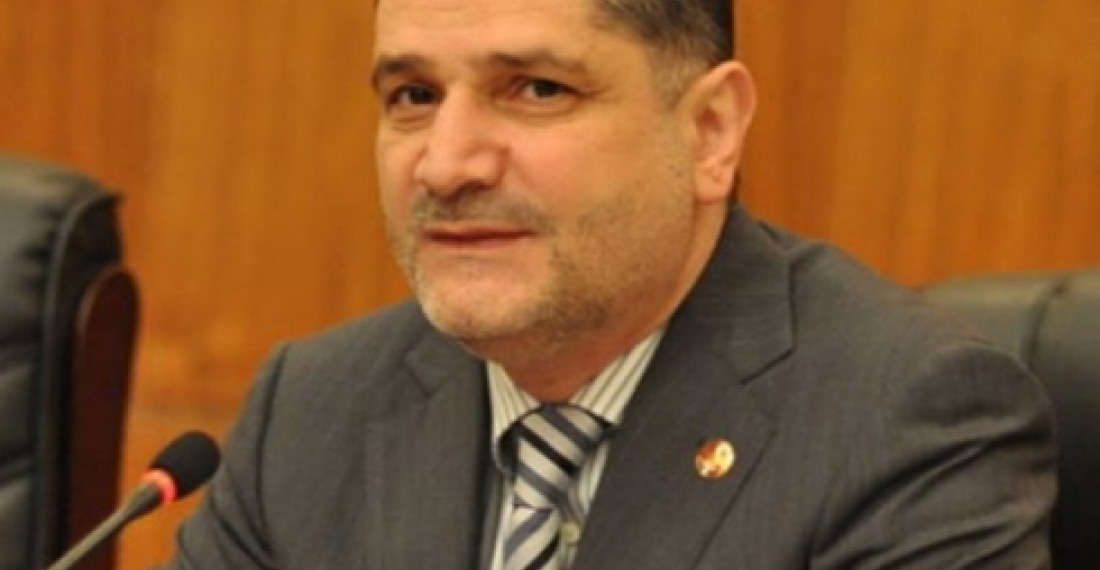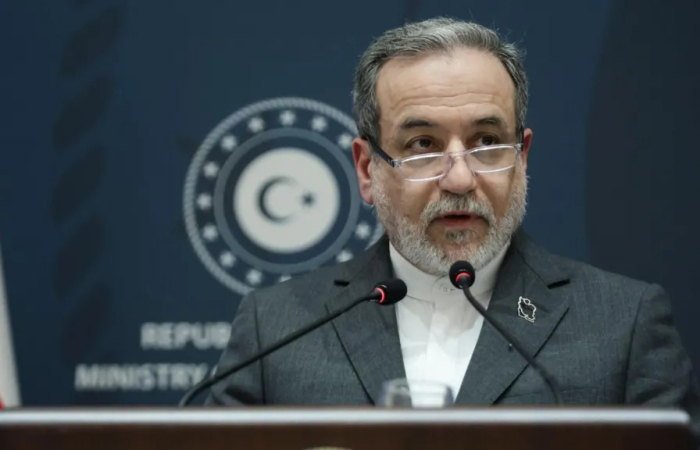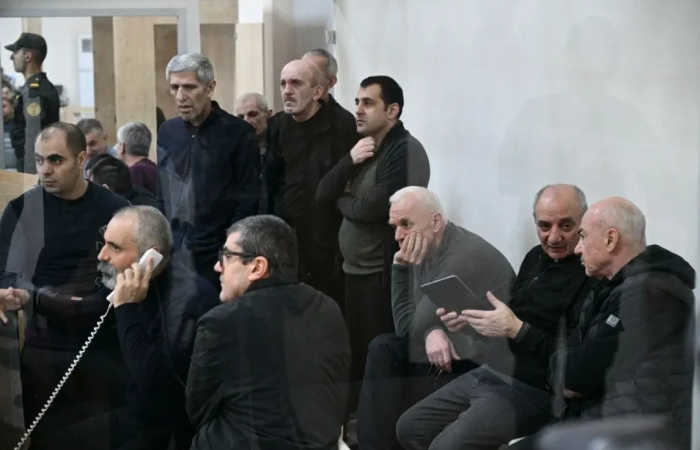The Prime Minister of Armenia, Tigran Sargsyan, resigned today. This was announced after a meeting of the ruling Republican Party of Armenia this evening.
Tigran Sargsyan had been Prime Minister of Armenia since 9 April 2008. A spokesperson for the Republican Party said that Sargsyan had also asked to resign one month ago. On this occasion his resignation was accepted by President Serzh Sargsyan. Tigran Sargsyan has not made any statement regarding his resignation.
Commonspace.eu political editor said that Tigran Sargsyan had been Prime Minister of Armenia for the last difficult six years during which he had to implement unpopular economic reforms as Armenia dealt with the global economic downturn and with the negative impact of its closed frontiers with Turkey and Azerbaijan. For three years Sargsyan led the negotiations that were supposed to lead to Armenia becoming an Associate Member of the European Union and impressed Brussels by his efficiency and committment. In September 2013 however the Armenian president whilst visiting Moscow announced that Armenia will join the Russia led Customs Union instead. Although the issue never arose officially it was clear that Tigran Sargisian's position after that became extremely difficult.
The Armenian President is expected to nominate a new Prime Minister within the next ten days.
Source: commonspace.eu with agencies.
Photo: Tigran Sargsyan (archive picture).







